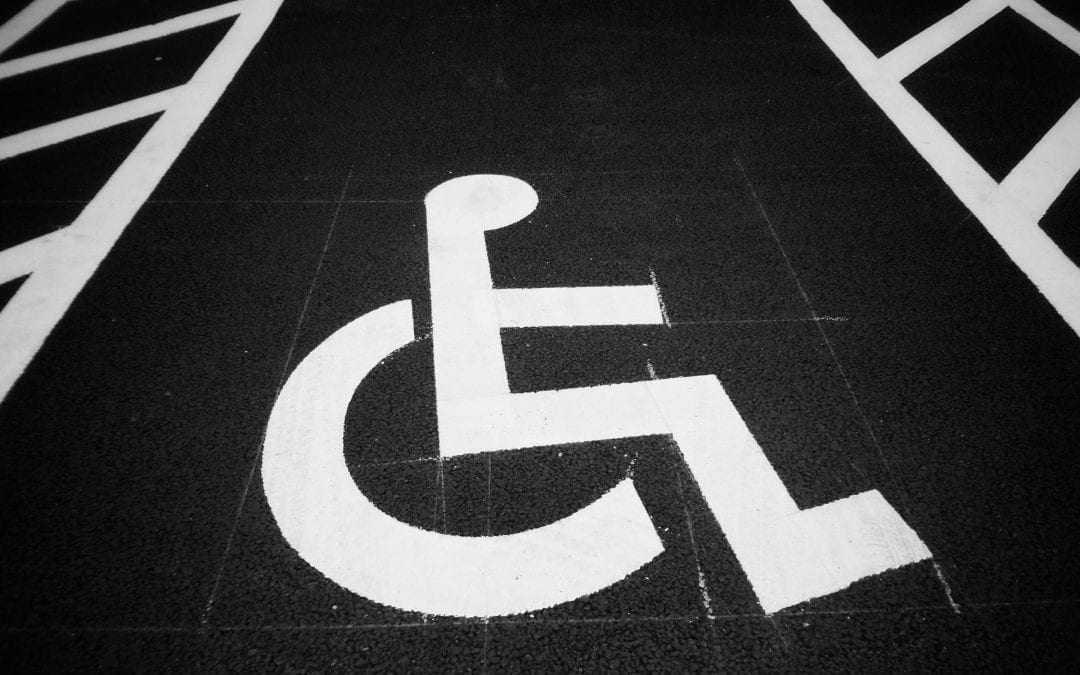In 1990, the US Congress passed a landmark piece of legislation called the American’s with Disabilities Act. This recognised persons with disabilities as what is legally referred to as a protected class deserving of equal treatment under the law without discrimination based on their disability. Disability rights are essential human rights and are recognised by the UN. What is the state of the discourse on ensuring the equality and civil rights of people with disabilities? What legal, social and economic challenges do the disabilities community face? What does ableism mean? Doug Becker speaks with Lydia X. Z. Brown, Michael Ashley Stein and Joel Michael Reynolds.
Lydia X. Z. Brown is an Adjunct Lecturer in the Disabilities Studies Program at Georgetown University. They are a disability justice advocate, organiser, educator, attorney, strategist, and writer.
Michael Ashley Stein is the co-founder and Executive Director of the Harvard Law School Project on Disability, and a Visiting Professor at Harvard Law School. He is an expert on disability law and policy and is the editor of Mental Health, Legal Capacity, and Human Rights.
Joel Michael Reynolds is an Assistant Professor of Philosophy and Disability Studies at Georgetown University. His research is concerned with the meaning of disability and the issue of ableism.
Podcast:
This interview originally aired on the Scholars’ Circle. To access our archive of episodes and download this interview, click here.
For more of our audio and visual content, check out our YouTube channel, or head to the University of Auckland’s manuscripts and archives collection.
Disclaimer: The ideas expressed in this discussion reflect the views of the guests and not necessarily the views of The Big Q.
You might also like:

